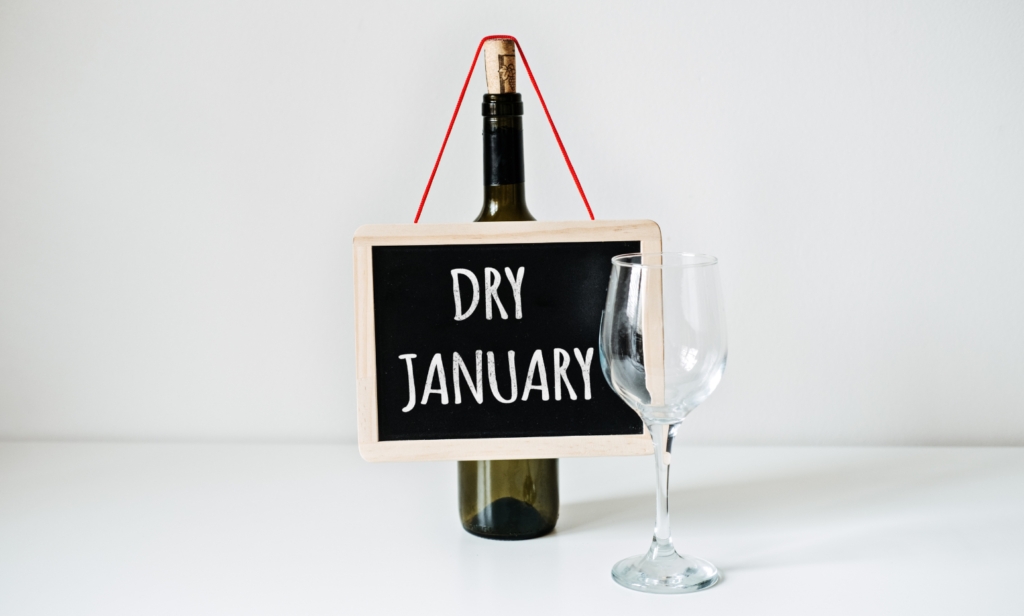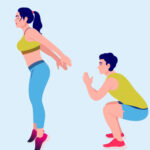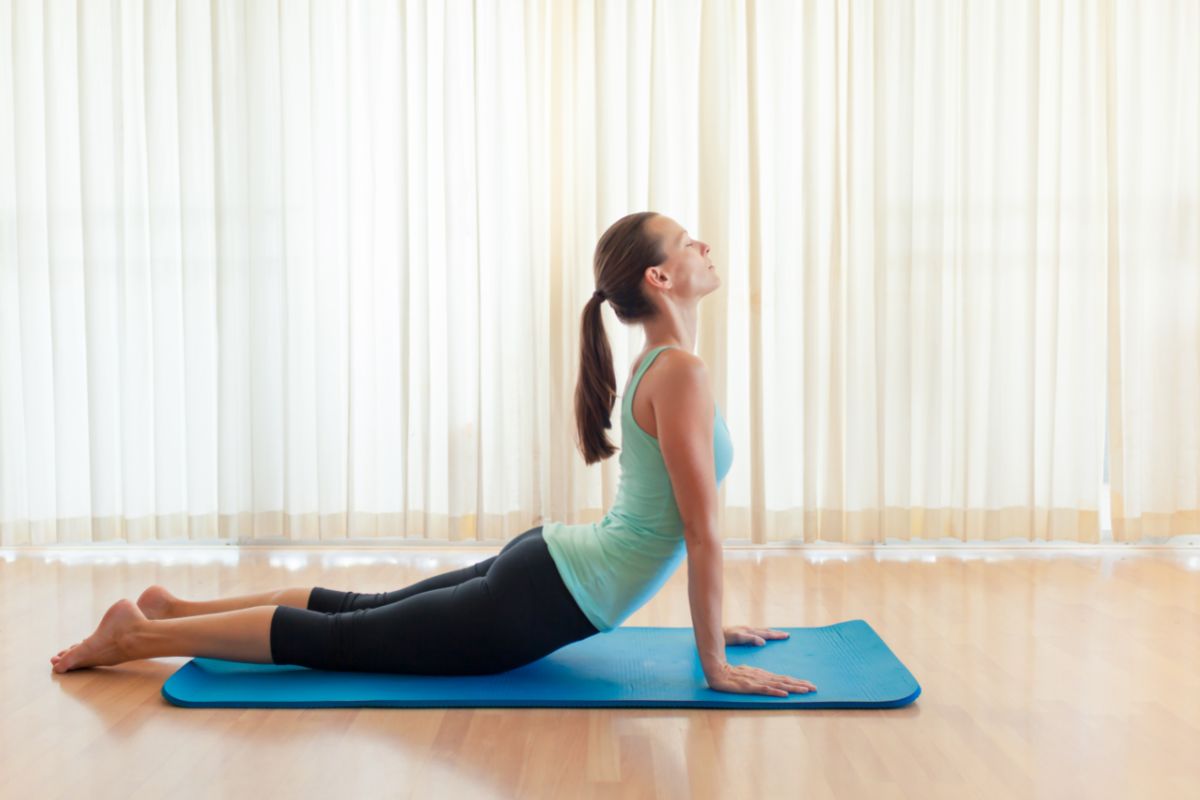What Is Dry January
Dry January is an annual campaign in which people pledge to abstain from drinking alcohol for the month of January.
The goal of dry January is to give people an opportunity to take a break from alcohol, improve their health, and reset their relationship with alcohol.


Many people who participate in dry January report feeling healthier and more energetic, and some even continue to reduce their alcohol intake after the campaign is over.
Some people participate in dry January to challenge themselves, while others do it to support a cause or raise awareness about alcohol-related issues.
What Are The Benefits Of Dry January
Giving up alcohol for a month can have various positive effects on your health.
It can help you enjoy better sleep, reduce your risk of certain types of cancer, lower your blood pressure, and improve your liver function.
It can also help you lose weight and save money! We all know the premium we pay in ordering a Coke versus a Jack Daniels & Coke.
It’s important to note that the benefits of not drinking alcohol will depend on your individual circumstances and how much you were drinking before you stopped.
However, almost across the board, not drinking for a month can have a number of benefits. Here are a few examples of what might happen if you stop drinking for a month:
Weight loss: Alcoholic drinks contain a lot of calories, and cutting it out of your diet can lead to losing weight.
Improved sleep: Alcohol can disrupt your sleep patterns and make it harder to get a good night’s rest.
Increased energy: Alcohol can drain your energy levels, so not drinking for a month may boost your energy.
Improved skin: Alcohol can cause dehydration and make your skin look dull, so not drinking may improve the appearance of your skin.
Other potential benefits of a dry January include improved liver function, lower blood pressure, and reduced risk of developing certain health problems such as cancer and heart disease.
It can also be an excellent way to reset your relationship with alcohol and establish healthier habits around drinking.
Of course, the specific benefits you experience will depend on your individual circumstances and how much you usually drink.
If you’re concerned about your alcohol consumption or potential alcohol abuse, I recommend speaking with a healthcare professional for personalized advice.


What To Drink Instead Of Alcohol
There are many non-alcoholic beverages that you can choose to drink instead of alcohol. Here are a few alcohol free ideas:
Non alcoholic beer: This, of course, is an obvious one. Thankfully, many top alcohol brands have invested significantly in non alcoholic beer options! The taste is much better than it used to be, and this is a great option to satisfy those alcohol cravings.
Water: Water is a healthy and hydrating choice that can help you stay refreshed and energized.
Fruit juices: Look for 100% fruit juices, which are a good source of vitamins and minerals. Be mindful of the sugar content in fruit juices, as they can be high in calories.
Smoothies: Smoothies made with fruit, vegetables, and protein sources such as yogurt or milk can be a tasty and nourishing alternative while you’re giving up alcohol.
Tea: Tea comes in many different varieties and can be a soothing and refreshing choice. Black, green, and herbal teas are all good options.
Coffee: Many people enjoy coffee’s taste and caffeine boost, but be mindful of your caffeine intake if you are sensitive to it.
Carbonated water: Carbonated water (also known as sparkling water) can be a satisfying alternative to soda or other sweetened beverages.
Kambucha: You can put Kambucha in your wine or highball glass to give the appearance of alcohol and “tease” your mind. Kambucha is an intense, sipping, fermented tea believed to improve digestion, boost the immune system, reduce the risk of heart disease, and a great alcohol free option.
Remember that it’s essential to drink plenty of fluids throughout the day to stay hydrated and choose beverages that are low in added sugars and calories.
How To Get Your Mind Off Of Drinking Alcohol
If you’re giving up alcohol or changing your drinking habits, it can be helpful to find ways to occupy your time and get your mind off of alcohol use. Here are a few ideas for things you can do to keep your mind occupied:
Engage in physical activity: Exercise can be a great way to reduce cravings for alcohol and improve your mental health. Whether it’s going for a run, hitting the gym, or taking a walk in nature, moving your body can help you feel better and take your mind off of alcohol.
Find new hobbies: Trying out a new hobby or activity can be a great way to keep your mind occupied and give you a sense of purpose. This could be anything from cooking, painting, gardening, or playing a musical instrument.
Spend time with loved ones: Surrounding yourself with supportive friends and family can be a great way to keep your mind off alcohol. Plan activities and outings with the people you care about, and make an effort to stay connected with them.
Seek support: If you’re struggling to resist the temptation to drink, consider seeking support from a healthcare professional, a support group, or a trusted friend or family member. Having someone to talk to and confide in can be a great source of strength.
Remember that it’s okay to take things one day at a time and to be kind to yourself as you work to change your relationship with alcohol.
It can be challenging, but with time and effort, you can find ways to get your mind off drinking and develop healthier habits.


Is Alcohol Good For You
There is no definitive answer to this question, as the potential health effects of alcohol can vary depending on several factors, including the amount consumed, the frequency of consumption, and the individual’s overall health status.
If you drink alcohol in moderation, defined as up to one drink per day for women and up to two drinks per day for men, it has been associated with some potential health benefits.
Remember, we aren’t talking about binge drinking, which is generally described as four or more drinks in an occurrence, but instead drinking in moderation. These benefits include:
Reduced risk of heart disease: Some studies have suggested that moderate alcohol consumption may help reduce the risk of heart disease by increasing “good” cholesterol levels and reducing the risk of blood clots.
Reduced risk of stroke: Moderate alcohol consumption may help reduce the risk of stroke by improving blood flow to the brain.
Increased bone density: Moderate alcohol consumption may help increase bone density, which can help reduce the risk of osteoporosis.
It’s important to note that these potential benefits are generally seen with moderate alcohol consumption and that too much alcohol can have negative health consequences.
Heavy alcohol consumption has been linked to a number of serious health problems, including liver disease, certain cancers, and mental health disorders.
If you’re considering drinking alcohol, it’s important to be aware of the potential risks and to drink responsibly.
If you’re concerned about your alcohol consumption or are experiencing problems related to alcohol, I recommend speaking with a healthcare professional for personalized advice.
What Problems Should I Be Ready For If I Quit Drinking
If you’re considering giving up alcohol or reducing your alcohol consumption through a campaign like dry January, it’s important to be aware that you may experience some challenges as you make this change.
Here are a few potential problems that you might encounter:
Withdrawal symptoms: If you’re a heavy drinker and you stop drinking suddenly, you may experience withdrawal symptoms such as tremors, sweating, and anxiety. These symptoms can be severe and may require medical supervision to manage safely.
Cravings: It’s common to experience cravings for alcohol when you’re trying to quit or reduce your drinking. These cravings can be intense and make it difficult to stick to your goals.
Social pressure: It can be challenging to navigate social situations when you’re not drinking, especially if you’re used to drinking as a way to socialize. You may feel pressure from friends or family to drink or feel like you’re missing out on activities that revolve around alcohol.
Emotional challenges: Quitting or reducing your alcohol consumption can be emotionally challenging, as alcohol can be used as a coping mechanism for stress or negative emotions. You may need to find new ways to deal with these emotions as you make this change.
It’s important to be prepared for these challenges and have a plan to manage them.
This might include seeking support from friends and family, finding alternative activities to do instead of drinking, and seeking professional help if needed.
Remember that taking things one day at a time is okay and that it’s normal to experience ups and downs as you make this change.
With time and effort, you can successfully reduce your alcohol consumption or quit drinking altogether.


Final Thoughts
The bottom line, reducing alcohol consumption is a good thing. Personally, I always promote long-term sustainable changes and am not a fan of the starting and stopping philosophy.
However, that doesn’t mean a periodical “cold-turkey” approach and a dry January aren’t worth trying.
Keep a journal and document your experiment to include your physical and mental experiences to include any weight loss (or gain) that occurs.
This will provide you with valuable information and allow you to assess your personal benefits and form your own conclusion on the concept of abstaining from alcohol for a month.
- How To Start HIIT Workouts [Beginner’s Guide] - May 18, 2023
- How To Sneak A Workout In While Taking Care Of Your Baby - March 17, 2023
- How To Build Your Chest With Dumbbells [Guide] - February 9, 2023







